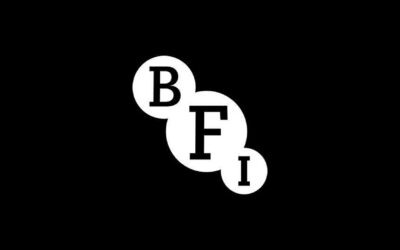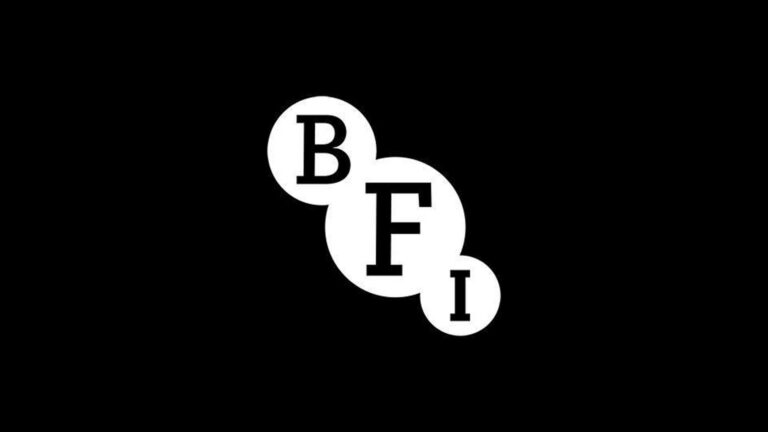BFI festivals director Tricia Tuttle is to step down following this year’s BFI London Film Festival, which kicks off on October 5 with the world premiere of Roald Dahl’s Matilda the Musical.
The annual London event also screens films in partner cinemas across the North including Manchester’s HOME, Sheffield’s Showroom and Newcastle’s Tyneside Cinema. As well as the main October festival, Tuttle oversees the BFI Flare LGBTQIA+ Film Festival and the BFI Future Film Festival, which are available to audiences nationally online through the BFI player, and the BFI/Radio Times Television Festival
Tuttle has led the festival line up for the last five years, and has been at the institute for 10 years in total. She will remain in her post until early 2023 while the BFI searches for a replacement.
“I have loved everything about my time at the BFI and as the director of our festivals. I took the role knowing that I believe in cultural renewal. I came in to make an impact quickly, with an aim to open up our festivals to more people and then pass the baton. And I could not be more proud of what we have achieved in these five years. I am leaving on a high and with so much love for the people and the work of the organization.”
Under Tuttle’s leadership the London Film Festival’s audiences have grown 76 percent since 2019 and its reach outside the capital has expanded significantly, with 39 percent of audiences coming from outside of London in 2021 compared to just 10 percent two years earlier.
Other developments under Tuttle include the expansion of the festival program to offer series television (LFF Series), immersive and XR work (LFF Expanded) alongside film; an enhanced industry program designed to bring international creatives to the event to connect with UK talent and the major outreach program that led to expansive, free, UK-wide physical and digital programming via BFI Player.
BFI chief executive Ben Roberts said: “Tricia has been the driving force behind the BFI London Film Festival’s transformation over the last five years and it could not be more vital and important than right now.”











